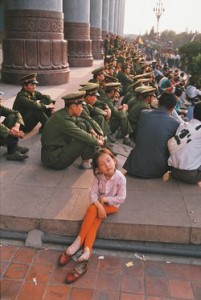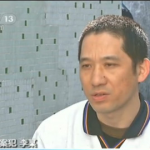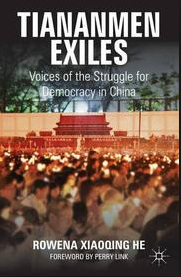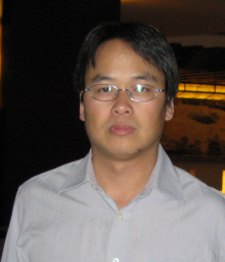An
Bundesaußenminister Herr Dr. Frank-Walter Steinmeier
Auswärtiges Amt
11013 Berlin
Köln, 13.05.2014
Sehr geehrter Herr Außenminister Steinmeier,
bitte erlauben Sie mir, Ihnen den Fall der Beijinger Journalistin Gao Yu zu schildern, der vor allem in den letzten Tagen in den internationalen Medien Aufsehen erregt hat. Die mehrfach durch internationale Journalistenpreise ausgezeichnete Frau Gao Yu wurde am 24. April 2014 von Mitarbeitern des Büros für Öffentliche Sicherheit abgeführt. Zwei Wochen später wurde sie unter dem Verdacht der “illegalen Weitergabe von Staatsgeheimnissen an das Ausland” strafrechtlich in Gewahrsam genommen.
Frau Gao ist unter anderem auch Redakteurin der chinesischen Redaktion der Deutschen Welle und Mitglied des Unabhängigen Chinesischen PEN Zentrums. Der Intendant der Deutschen Welle, Herr Peter Limbourg, hat in einer Pressemitteilung die chinesischen Behörden wegen der Verhaftung Frau Gao Yus kritisiert. Es sei “menschenunwürdig, sie im chinesischen Fernsehen einem Millionenpublikum als geständige Kriminelle vorzuführen”, sagte Herr Limbourg. Er forderte „ein faires und rechtsstaatliches Verfahren“ für Frau Gao, und äußerte seine große Sorge um das Schicksal der 70-Jährigen.
(http://www.pressebox.de/pressemitteilung/deutsche-welle/DW-Intendant-fordert-faires-und-rechtsstaatliches-Verfahren-fuer-chinesische-Journalistin-Gao-Yu/boxid/677028)
Zum ersten Mal kam Frau Gao Yu bereits 1989 nach der Niederschlagung der Demokratiebewegung ins Gefängnis, weil sie in ihren Publikationen Sympathie für die Studenten der Demokratiebewegung geäußert hatte. Sie verlor ihre Position als Journalistin von “Economy Weekly” und war danach gezwungen, ausschließlich für Hongkonger Medien zu arbeiten. 1993 wurde Frau Gao deshalb wegen “Verrats von Staatsgeheimnissen” zu sechs Jahren Gefängnis verurteilt. Sie verbüßte die volle Haftzeit, und wurde erst 1999 entlassen. Da ihre Artikel in China nicht veröffentlicht werden können, schrieb Frau Gao seither, und vor allem im letzten Jahrzehnt, für ausländische Medien; sie nahm auch Einladungen ins Ausland an, um an wissenschaftlichen oder kulturellen Tagungen teilzunehmen.





